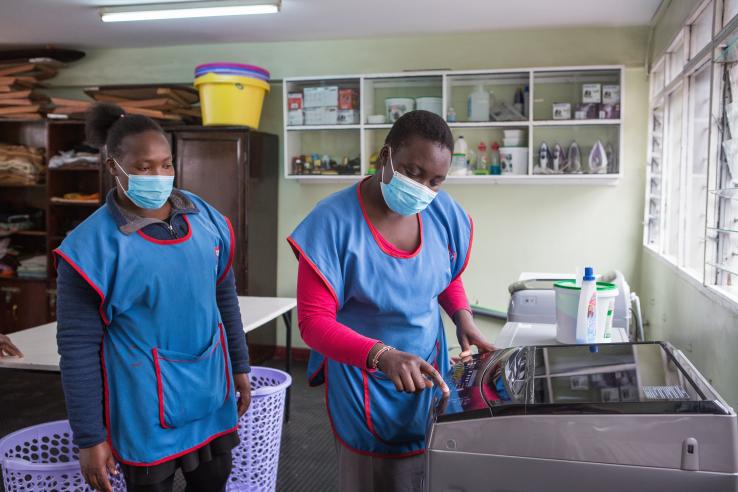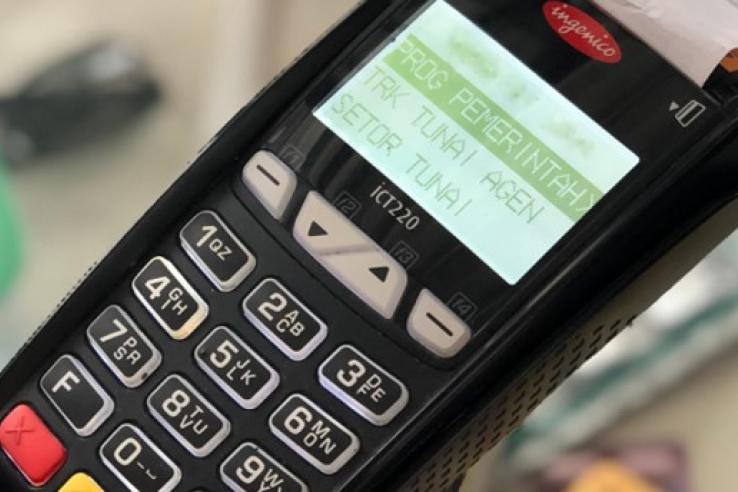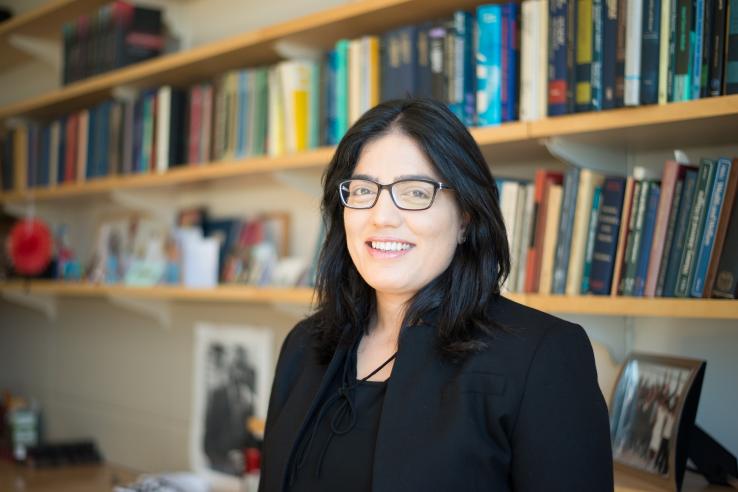Displaying 3871 - 3885 of 8176
Person
Aleesha Mary Joseph is a Research Associate at J-PAL South Asia, where she works with the Payments and Governance Research Program on the Odisha High-Frequency Monitoring project.
Person
Niva is a Research Associate at J-PAL South Asia where she works on the “Machine Harvestable Chickpeas Project” to examine the adoption of this technology in rural Andhra Pradesh and its impact on local labor markets.
Person
Getsie Immanuel is a Senior Research Associate at J-PAL South Asia for the project Co-Impact call for Scaling up the Graduation Approach: Satat Jeevikoparjan Yojana (SJY) in Bihar.
Evaluation
Although conflicting recommendations have been issued, recent evidence suggests that face masks may significantly reduce the spread of SARS-CoV-2. However, questions remain on how to effectively promote mask adoption. Research are conducting a randomized evaluation to evaluate the impact of free mask distribution combined with educational interventions on mask adoption in Kenya.
Person
Paloma del Pilar Artigas San Carlos is a Project Associate at J-PAL LAC, where she works on the project "School-Parent Communication with SMS" which aims assess whether the provision of school information to parents by SMS would improve the scholarly performance of children.
Resource
Basic page
J-PAL North America is committed to testing strategies and developing resources to promote diversity, equity, and inclusion among their staff, network of researchers and partners, and underrepresented scholars in the economics field.
Blog
Read this recap of J-PAL SEA's Inclusive Financial Innovation Initiative's webinar on Banking the unbanked: The effects of agents’ financial incentives and transparency in increasing the take-up and usage of financial products.
Person
Bernardita Muñoz is a Research Manager at J-PAL LAC where she works on coordinating the activities of the impact evaluation of “Papás al Día. School-Parents Communication with SMS.” Prior to joining J-PAL LAC in 2014, she worked at the Economics Department of Universidad de Chile.
Event
In this webinar, panelists will discuss the need for more evidence around effective programs to combat discriminatory practices (e.g. racism, sexism, xenophobia, homophobia etc.), showcasing an example of interdisciplinary, policy-relevant research focused on prejudice reduction.
Blog
A weak internet connection did not stop J-PAL Africa Scientific Director Tavneet Suri from getting her point across in our interview: Good research is done with an ear to the ground and a connection to the community. Calling in from her home country of Kenya, Tavneet emphasized how important it is...
Blog
Cash transfers are an increasingly popular form of support, but there is a need for further evaluation in the context of homelessness reduction and prevention in the United States. J-PAL is committed to expanding this research base through our ongoing partnerships.
Resource
Basic page
Resource
Basic page




